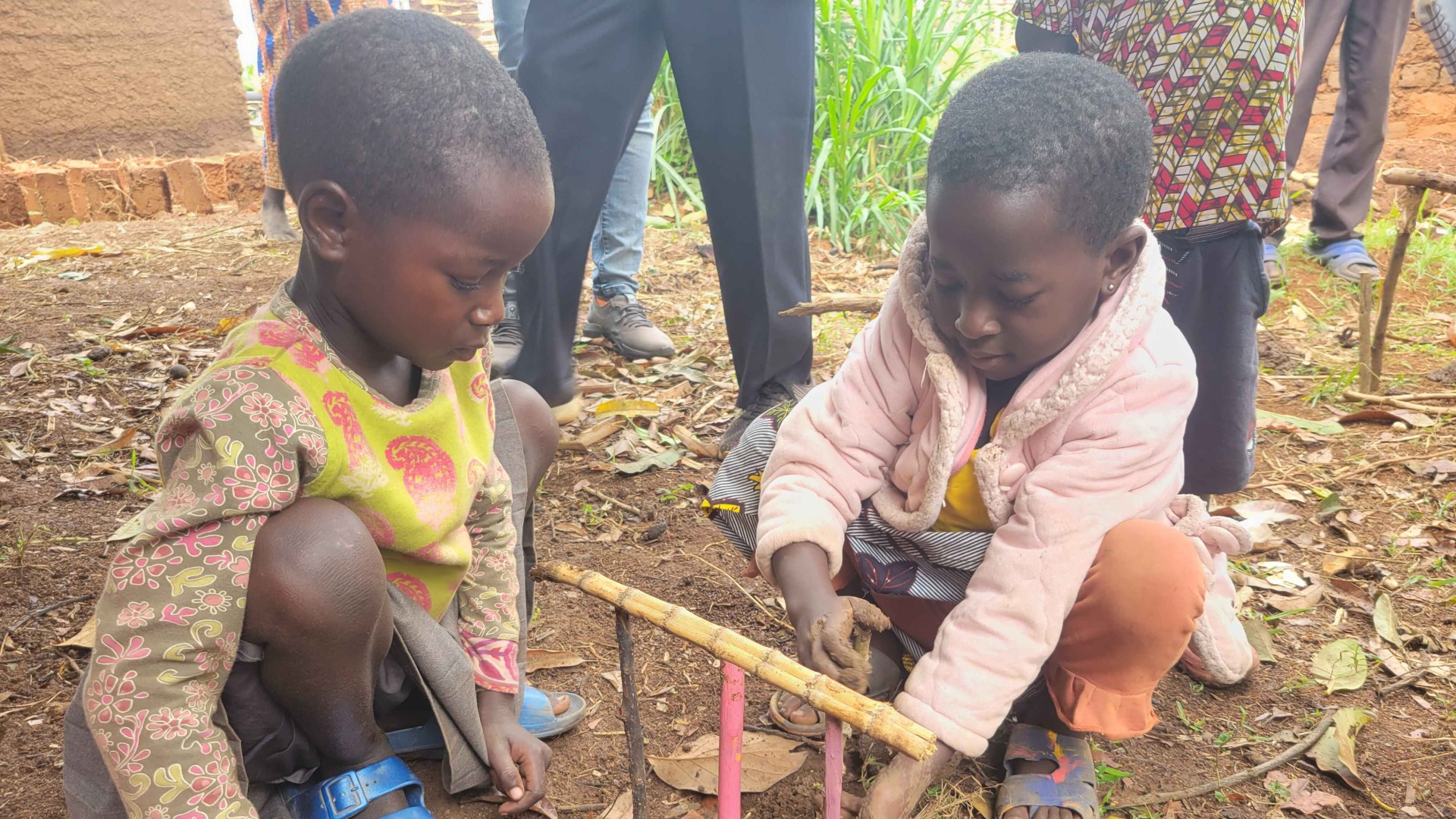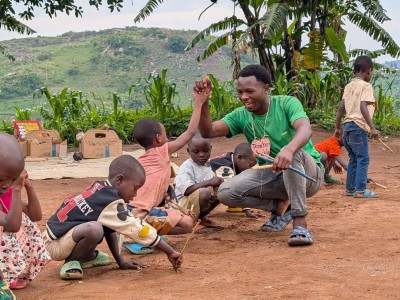We believe that the main aim of early years education is to instil a lifelong love of learning. We aim to develop curiosity and creative thinking, to help children become resilient, determined, confident and able to solve complex problems.
We wanted to create an assessment tool to find a way to effectively measure the values and skills we believe are most important for a child’s development, the ones that will best prepare them for life and help them to thrive.
We also wanted to move away from traditional early years assessments, which focus on memorised information and academic skills, rather than how children are holistically and uniquely developing. These style of tests often remove children from familiar settings, away from their friends, to be assessed by unfamiliar adults. So it’s no surprise that children are unable to be at ease and show their unique qualities and skills.
Working with Learn to Play Botswana and the University of Chichester (West Sussex, UK), we have developed an assessment tool to help organisations identify gaps in their Early Childhood Education (ECE) provision and ultimately improve delivery.
Using a play-based approach, the tool enables organisations to collate data on child development and assess how effective their programmes are.
Play Activities
A set of eight pre-designed activities take place within the children’s familiar setting, with their friends and usual teacher, plus an assessor who, wherever possible, is already known to the children.
The fun, play-based activities give children the freedom to explore different concepts in their own way, demonstrating where they are in their own unique learning journey.
Whilst observing groups of children together, assessors are able to identify a wide range of outcomes being displayed at the same time.








